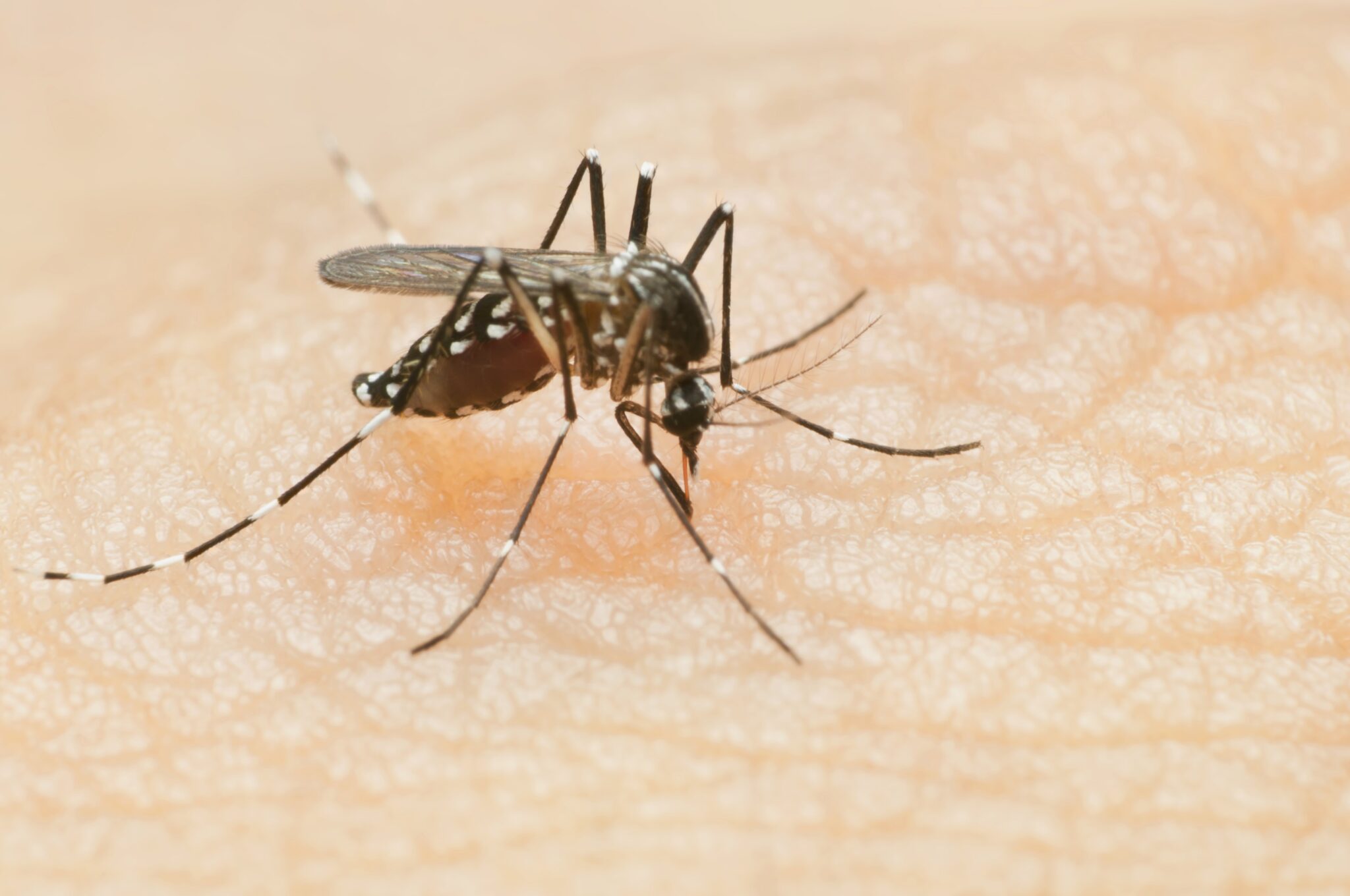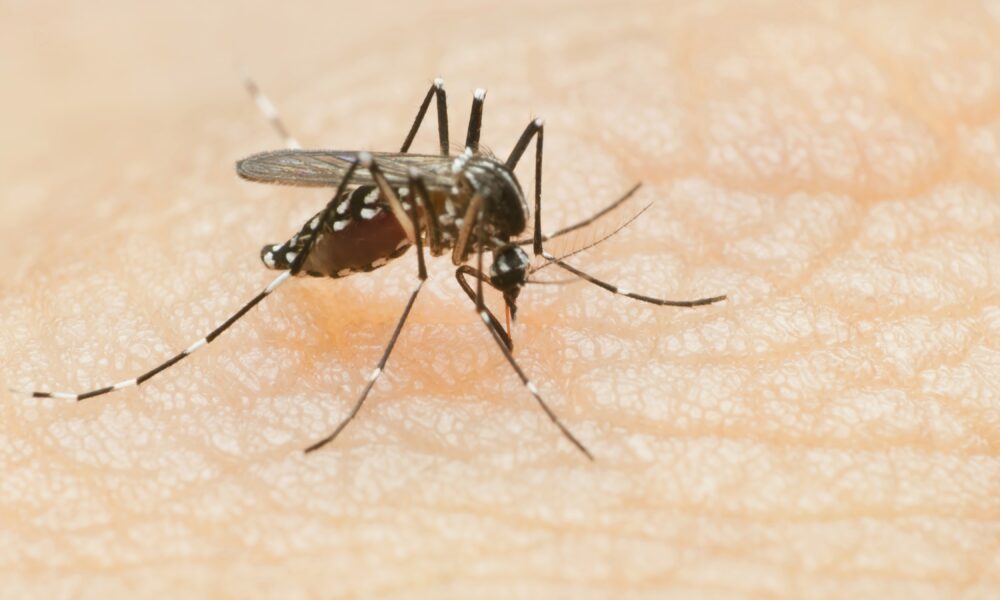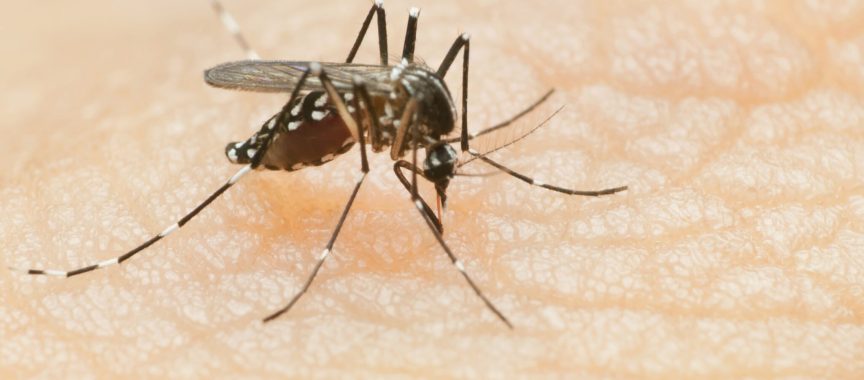News – Sheridan Media


Sheridan County Weed and Pest Control District has detected West Nile virus in mosquitoes in Sheridan County.
To date, West Nile virus has not been detected in humans, horses, birds, or any other animals in Sheridan County.
However, a horse in Johnson County was recently reported as having been infected with West Nile virus.
In addition, Wyoming has reported 2 human cases and 4 bird cases in other Wyoming counties.
County Weed and Pest Districts throughout Wyoming are continuing to capture and test adult
mosquitoes for the purpose of monitoring the presence of West Nile virus.
A total of 945 mosquito pools have been tested throughout Wyoming this season.
112 of those pools tested positive for West Nile virus and 7 of those were from Sheridan County.
West Nile virus is a disease spread by the Culex genus of mosquitoes.
An infected mosquito can transfer the virus during feeding and infect horses, birds, and in some cases, humans.
Human infections are rarely symptomatic, but elderly and immunocompromised individuals can be more susceptible to severe cases.
According to the Center for Disease Control and Prevention (CDC), symptoms can include headache, body aches, joint pain, vomiting, diarrhea, and rash.
Most people will recover from these symptoms completely.
However, fatigue and weakness can last up to several months.
Anyone who is experiencing these symptoms should consult with a medical professional.
Mosquito control programs in Sheridan County use a combination of adulticide (fogging) and
larvicide (treating standing water sources) to control mosquito populations.
Fogging is conducted throughout the summer in the City of Sheridan, Ranchester, Dayton, and Clearmont to reduce the amount of adult mosquitoes.
Water sources are treated with “Bti” products that target mosquito and black fly larvae, preventing them from becoming flying adults.
Due to the presence of West Nile virus in Sheridan County, additional, focused mosquito prevention efforts are being conducted to minimize the risk to the community
Sheridan County residents can take additional steps to protect themselves, their pets, and other animals.
Treating standing water with larvicide and mitigating mosquito habitat by draining standing water will reduce the population in your area.
However, adult mosquitoes can travel up to 2 miles.
This means mosquito mitigation requires a community-wide effort.
Larvicides are available to Sheridan County residents at the Weed and Pest office and also at local retailers.
Insect-repellant spray and long clothing are also effective tools to protect yourself from mosquito bites.
5 D’s of West Nile Virus prevention:
DAWN &
DUSK – When possible, avoid spending time outside at dawn and dusk. Culex mosquitoes
are most active at these times.
DRESS– When outdoors, wear shoes, socks, long pants, and a long-sleeved shirt. Clothing
should be light colored and made of tightly woven materials to keep mosquitoes away from the
skin.
DRAIN – Reduce the amount of standing water in or near your property by draining and/or
removing it. Mosquitoes may lay eggs in very small amounts of standing water.
DEET – For additional protection from mosquitoes, use an insect repellent containing DEET
(N,N-diethyl-m-toluamide) or picaridin (KBR 3023). Other insect repellents such as oil of lemon eucalyptus and IR3535 are also registered by the EPA but may be less effective than products containing DEET. It is important to follow the product guidelines when using insect repellent.
Sheridan County Weed and Pest, the City of Sheridan, and the Town of Ranchester will continue to capture and test mosquitoes in multiple locations throughout Sheridan County.
We will also continue to work with local and State agencies to monitor the occurrence of West Nile virus.
Questions regarding available larvicide or county mosquito mitigation programs should be
directed to Brian Songer, Assistant Supervisor at Sheridan County Weed and Pest Control
District, (307) 672-3740.
Click here for more information on West Nile virus.
Last modified: August 6, 2025






